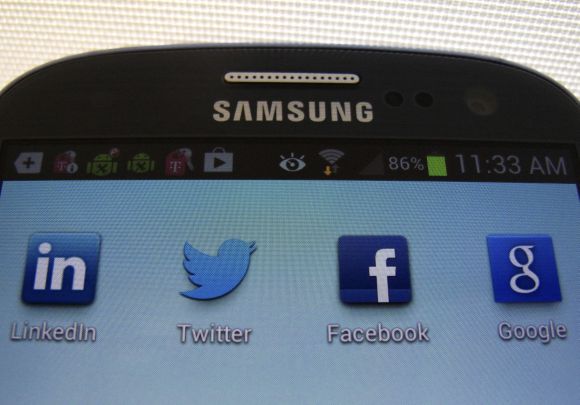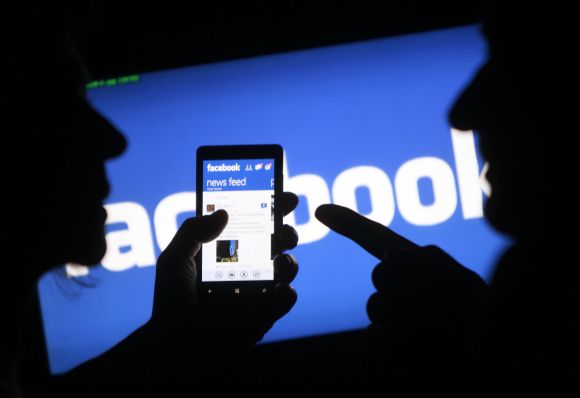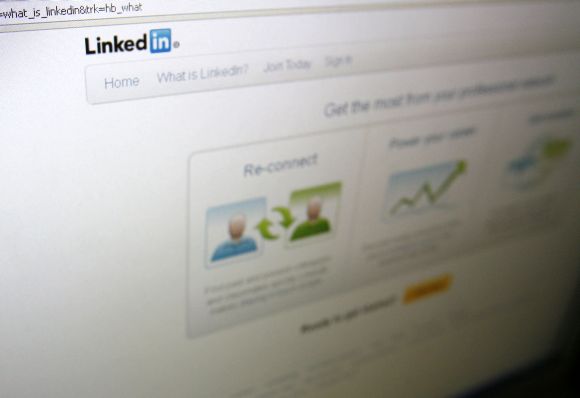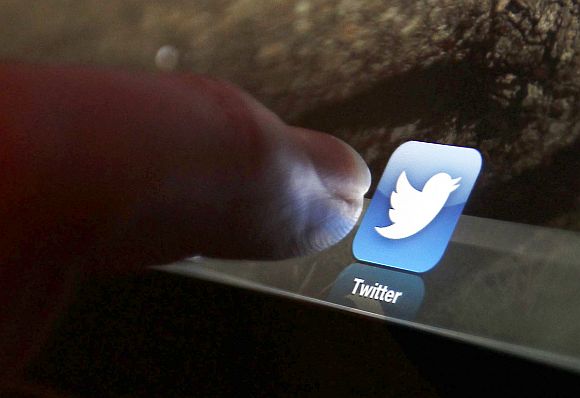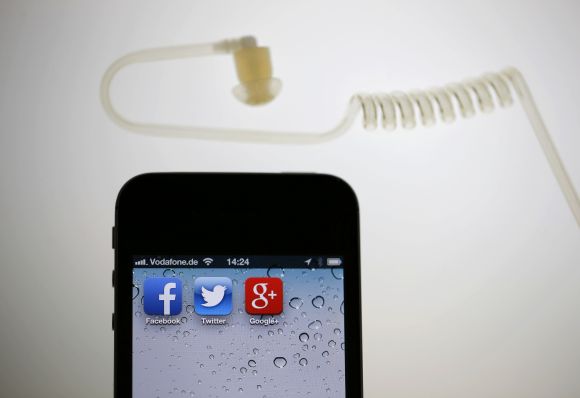 | « Back to article | Print this article |
Should bosses tweet? The do's and don'ts for executives
Steve Tappin, a management expert and author who coaches the chief executives of many large companies, says only a small percentage of his clients have taken the plunge into the world of Twitter, Facebook and LinkedIn.
Some CEOs do not understand how to use social media properly, whilst others are afraid of the consequences of things going wrong.
But company executives should look beyond the difficulties because they could gain a lot by becoming more involved, he says.
One boss who sees great promise in social media is Jeff Immelt, CEO of General Electric. The US industrial conglomerate is one of the biggest companies in the world, employing hundreds of thousands of people.
He writes a weekly blog and is amazed at the response.
"People have a thirst, we're a big company, there's no way you can ever touch everybody all the time."
Published with the kind permission of ![]()
Click NEXT to read more…
Should bosses tweet? The do's and don'ts for executives
Mr Immelt believes the business community has a lot to learn about social media. "We're just scratching the surface of what they can do," he says.
"About four years ago, we brought in communication people from politics because business was way behind, and they've made us incredibly smarter about how to really be active in communication."
He says he works with a 27-year-old expert who coaches him on social media and how to improve his own use of it.
New ways of communicating
One recent incident demonstrates how the phenomenon of social media is causing many players in the business world to re-think their approach to communications - not just chief executives and companies, but regulators too.
Last summer Netflix CEO Reed Hastings received some good news. The founder of the US-based video rental and streaming business learned that the company's subscribers had watched more than one billion hours of video material in June.
Mr Hastings decided to share the news in a message on his own Facebook page, praising the work of his colleagues in making the achievement possible. Netflix's share price increased on the day of the announcement.
Click NEXT to read more...
Should bosses tweet? The do's and don'ts for executives
A few months later, in early December, Netflix announced that the US Securities and Exchange Commission was launching an investigation into the company, because of a possible violation of regulations governing how information was disclosed to investors.
In another Facebook post, Mr Hastings maintained that posting information about Netflix on the social media site was an appropriate way to make disclosures about the company.
"We think posting to over 200,000 people is very public, especially because many of my subscribers are reporters and bloggers," he said.
Recognising that there had been "market uncertainty" about its position on social media, in April the SEC published a report clarifying matters.
It said it was OK for companies to disclose information via services such as Twitter or Facebook "so long as investors have been alerted about which social media will be used to disseminate such information."
The regulator also noted that it had not undertaken enforcement action or alleged wrong-doing by Netflix or Reed Hastings.
Steve Tappin says this shows how social media are creating new ways to reach customers, employees and other stakeholders, and that CEOs and firms ignore these new channels at their peril.
Click NEXT to read more...
Should bosses tweet? The do's and don'ts for executives
You can't have it both ways
Yet other CEOs remain unconvinced about the potential benefits of using social media themselves.
"Somebody suggested I should have a blog myself. I said how am I going to find time to do it?" says Vincent Lo, founder of Hong Kong-based property and construction business Shui On Group.
Rupert Soames, chief executive of mobile power-plant company Aggreko, says while he has become an enthusiastic consumer of services such as Twitter, he is much less certain whether he should start blogging or tweeting himself.
"All my children are on Facebook, my wife's on Facebook, and they all say they will die if I go on Facebook.
"I think my first question as chairman, if I found the CEO regularly tweeting, was what else could you be doing?"
Robert Lloyd, president of development and sales for the huge American technology enterprise Cisco, recognizes that some chief executives find the world of social media frightening or of little immediate value.
"But those same CEOs who talk that way are the same CEOs that are saying, 'Why can't I use my iPad in the office? Why can't I have the same technology in the office that I have at home?'
"You can't have it both ways."
Click NEXT to read more…
Should bosses tweet? The do's and don'ts for executives
Business leaders have to understand that the world is changing around them, and their workforce too, he says.
"If I send my 23-year-old son an email, nothing happens. If I send him a Facebook post and say, 'Would you respond to my email?' he grudgingly does."
The educational experience of younger workers is very different to that of executives of his generation, he adds.
"It's been collaborative, it's been open, it's been social, it's been flexible. So the workplace that we offer to those employees needs to reflect some of those characteristics."
Mr Lloyd believes that the sooner senior executives take a serious look at social media, the better.
Don't over-communicate
However, before CEOs start tweeting or blogging they should think things through and seek advice, says Joe Chen, the founder of Renren, which is one of China's biggest social media companies.
The first consideration is that they should be comfortable speaking or communicating in public: "If they don't like it, they shouldn't do it."
Click NEXT to read more...
Should bosses tweet? The do's and don'ts for executives
Next, CEOs should think carefully about what they are trying to achieve: "The number one thing is probably not to over-communicate, because the CEO is very busy."
Joe Chen thinks that some of his fellow Chinese CEOs spend too much time on social media. He says a CEO has to have something original to say.
"You don't want to just randomly tweet anything."
He says bosses who tweet need to think of their "unique insight", so that it is "useful for people to follow you".
It's instantaneous
The advent of social media also means that "what happens in Vegas stays on YouTube," warns Frits van Paasschen, CEO of Starwood Hotels & Resorts.
CEOs have to remember that there is a permanence to what is posted on the web, so a hasty or ill-thought comment could spell trouble.
Click NEXT to read more...
Should bosses tweet? The do's and don'ts for executives
Despite this, Mr van Paasschen says there is great value in social media for a business like his.
"We have now an ability to see what our guest satisfaction is on a real-time or at least a daily basis.”
"So instead of waiting weeks to find out that there was an issue in our property, we can solve it right away."
The immediacy of communication is precisely why caution is needed with social media, says Martin Gilbert, founder of huge fund managers Aberdeen Asset Management.
If a customer has a bad experience and decides to publish their complaint online, "it's instantaneous," he says.
"You've got to be able to swing into action and almost be able to send out an apology straightaway."
Companies and CEOs need to ensure that they have the right mechanisms in place so that a quick response can be given.
"CEOs are still learning how to get the best out of social media," says management expert Steve Tappin.
"Used in the right way, these channels can provide powerful benefits. But you've got to know what you're doing."

